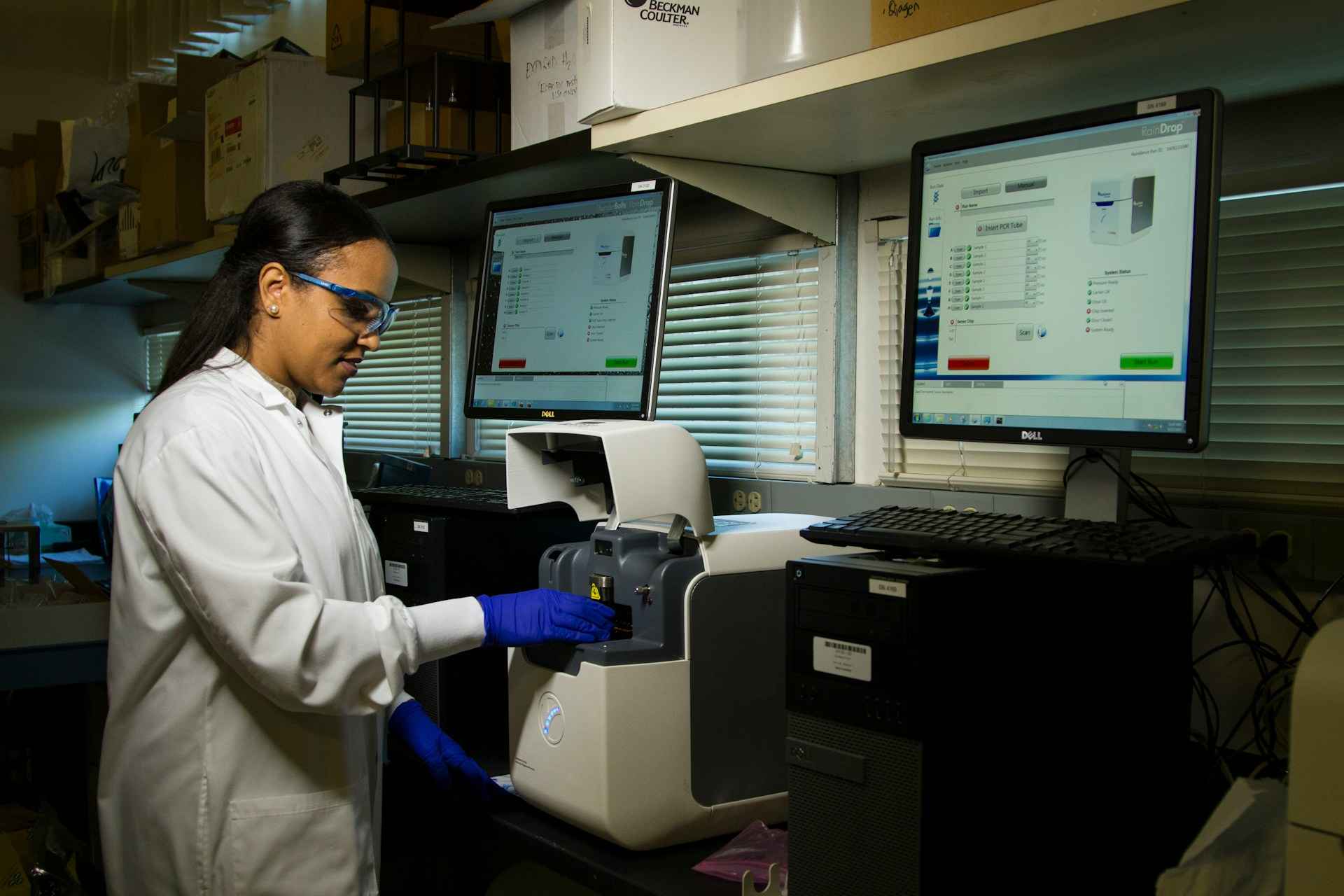
Women in healthcare occupations endured higher levels of stress and burnout in comparison to their male counterparts across 26 countries within the last 4 decades, according to a study published earlier in February.
The study found that job satisfaction, psychological health, and work-life integration are the main reasons for the well-being of the employees within the healthcare sector, which they said women are more disadvantaged at.
The analysis was based on 71 studies on the well-being of healthcare professionals in 26 countries between the period 1979-2022.
A quarter of the studies found that women in healthcare reported dissatisfaction due to the integration of work-life. Women said they were “encouraged” to put their children’s and families’ needs ahead of their personal and professional growth, even though they earned more money than their partners.
Another quarter of the research found that limited professional independence and “unsafe working environments” contributed to burnout levels among women. Women reported feeling “less empowered” and “crammed” by time pressure, and they were more likely to spend “emotional energy” on complex patients compared to their male colleagues.
According to the Bureau of Labor Statistics, women make up 78% of the workers within the U.S. healthcare sector by 2022. The study said that women have driven 80% of the growth in the rapidly expanding healthcare industry since 2000.
The number of full-time, year-round employees in healthcare occupations has nearly doubled since 2000, growing from 5 to 9 million, according to the U.S. Census Bureau, with women making up three-quarters of this number.
The growing number of women working in the healthcare industry has raised questions about their health,as they play diverse roles within society, women are more likely to suffer from mental health issues due to the intense pressure and stress of trying to succeed at home and work at the same time.
The authors warned that burnout can have “catastrophic consequences” for healthcare professionals and “severe consequences” for patient care. They called for increased training on gender sensitivity and “bias” as well as on the structural issues women face in healthcare occupations.